WesCeleb: Katelin Penner ’22 Talks NYC Politics, Vacant Lots, and Twitter
Between studying vacant lots in Brooklyn for her thesis, working on local campaigns in New York City, and living the life of a Government and American Studies double major, Katelin Penner ’22 is known for having a Twitter presence that is simply unparalleled and, iconically, being fired from the Dianne Morales’ New York City mayoral campaign. For this week’s installment of the WesCeleb series, The Argus caught up with Penner in the bustling halls of Exley Science Center to talk about all things housing, Twitter, and Onomatopoeia.
The Argus: Why do you think you were nominated as a WesCeleb?
Katelin Penner: I have no fucking idea. I was really surprised when I got the text because I feel, especially over the last year and a half, a lot of the work that I’ve done has actually shifted off campus. I have a basically full-time job back in New York, working in politics. I work on a State Assembly campaign [that] I feel like I’m probably a little bit notorious for. Maybe that’s it.
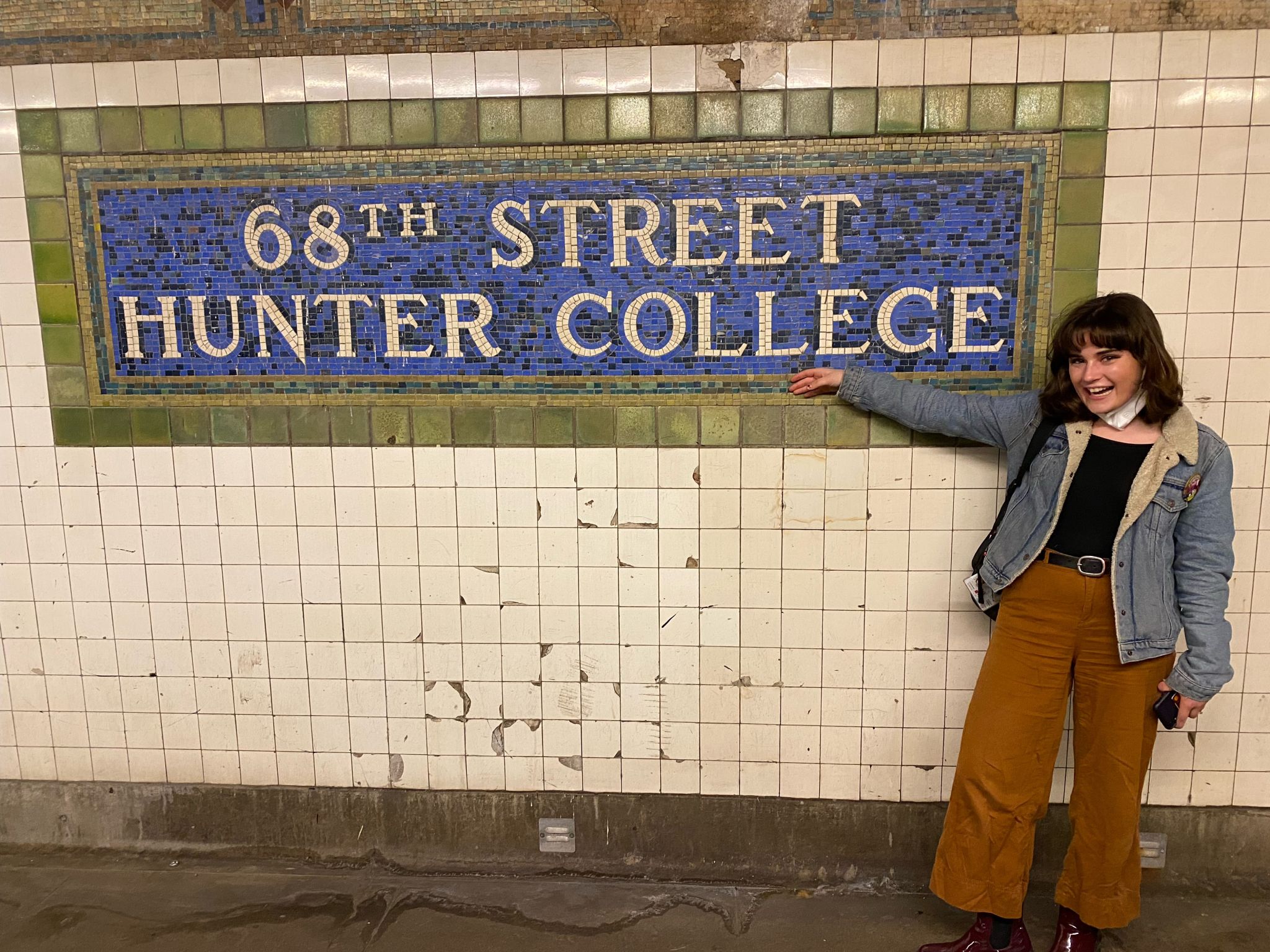
I remember when I was a freshman, I posted a lot about voting in very different politics. I was to the left then, but now I’m communist. I was definitely not a communist when I was 18. But people were like, “Oh, you’re voting girl from Facebook.” Maybe [the person who nominated me is] one of those people that still sees me as “promoting girl” on Facebook.
A: Could you talk more about both the transition in your politics and also the physical transition in terms of work?
KP: The summer before I came to Wesleyan, I worked on a State Senate race. When I was in high school, I’d gotten sent to this program where I shadowed state legislators and the New York state legislature in Albany. That place used to be a shitfest, really, really crazy. There were a bunch of Democrats who were caucusing with the Republican party, and I had gotten really involved with the movement to beat those people, and until that, I had been a pretty standard liberal.
I grew up right outside of the city and had always thought about the privilege with which I was able to grow up. But I had never thought about the fact that my parents owned our house, which gave my family security. Then I learned about housing struggles and the way that, especially in a city like New York, where real estate capital controls so much, a group of working-class tenants can actually come together and beat the real estate lobby.
I got involved with this statewide organization called Housing Justice For All. It was fighting to fix the rent laws in 2019. New York State has rent control, which regulates how much landlords can raise your rent by each year. We won the rent regulations except for one. That showed me the way that a group of everyday people could make transformational change.
One of the deepest, fundamental political beliefs that I hold is that housing is a human right. Nobody should have to pay rent. Rent is theft. You can make that my fucking WesCeleb tagline.
My senior thesis, which is in American Studies, is looking at the ways that vacant lots in North Brooklyn could be returned to community control. A lot of the lots are owned by real estate speculators and corporate developers who are going to turn those into 20 story luxury buildings that nobody from the community will be able to afford. It’s about creating new ways that land can be transferred to folks through community-based urban planning.
A: Could you explain how you transitioned from organizing work to writing your thesis?
KP: The summer that I was working in that campaign, there was a huge rezoning about to go up in Inwood, Manhattan. I got involved with some local organizers that were working to fight the rezoning. It was a luxury rezoning that would have displaced a lot of low-income Latinx folks that had called the neighborhood home for generations. It showed me that housing isn’t just a linear thing.
If you go to any upper-class white community, you’ll be able to find a pharmacy, a grocery store, a library, a public school, a park, a community garden, probably all within a 5- to 10-minute walking distance from the subway. In a lower-income community, folks will have to ride the subway into a completely different neighborhood to access things that we need every day. Housing justice is a much bigger issue than just the homes that we live in. It’s also how we make strong communities that are resilient and resistant to displacement and gentrification.
A: Do you want to talk more about the process of completing your thesis?
KP: I got the Davenport [Study Grant], a social science grant, and then I actually lived in New York City, in Bushwick, which is the center of my thesis area. It’s a neighborhood that I would never live in long-term because I think [it is] really problematic. There’s a really problematic dynamic with Wesleyan students, especially white, upper-middle-class Wesleyan students like myself, moving into those neighborhoods long-term. It’s hypocritical for me to say that and then take a sublease, but a sublease is a little bit different because it’s temporary. I lived there, and I visited 1,300 vacant lots in Brooklyn.
I was working with a State Senator named Julia Salazar and her Chief of Staff. They were looking to see if there were any publicly-owned, vacant lots that could be turned into a community garden, specifically in Bushwick, where there’s very little green space. When I began doing this research, it was the peak of the pandemic, so you weren’t really leaving your house. These lots have been left empty for so long because the city has intentionally abandoned these neighborhoods. Urban abandonment is when city governments will retreat services from a neighborhood that they don’t see as worthy, and it’s incredibly racialized.
There’s this other theory called the rent gap, which says that neighborhoods that are the most ripe for gentrification are [ones with the] largest difference between the amount of rent that’s currently being charged and the amount of rent that could hypothetically be charged. Urban abandonment and gentrification are almost cyclical processes because when a city divests in a neighborhood and takes away resources, you’re creating a huge gap between what housing is worth and what housing could be worth.
A: How has it been being involved in the New York state politics and housing scene while being at Wesleyan?
KP: That’s been hard. Also, I’m in a long-distance relationship. My partner is very involved in New York politics and lives in Queens. Sometimes I feel like Hannah Montana; I live two lives, one at Wesleyan and one when I’m back in New York. I try to do things that tie me down here so that I’m still involved with Wesleyan. I sang with Onomatopoeia, an acapella group. I’ve sang in concert choir. I’ve done some lightboard operating for theater stuff. I ran Wes4Bernie with Bryan Chong [’21].
A: Would you want to talk more about your work in the artistic scene at Wesleyan?
KP: I’ve been in Onomatopoeia—which is one of the [soprano/alto] acapella groups on campus—since I was a freshman. I really love it. I’ve always been a very overcommitted person who also really loves music and loves to sing. That’s a place where I can always go for three hours of my week and just sing and nothing else can take that away from me.
A: Academia at Wesleyan: what are your thoughts? What are you doing beyond your thesis?
KP: I’m a Government and American Studies major. One of my two favorite professors at Wesleyan is [Professor of American Studies J. Kehaulani Kauanui]. She was my thesis advisor the first semester before she went on medical leave. Her “Anarchy in America” class changed my life. I was definitely not on the anarchistic spectrum before I took that class but it taught me how to fundamentally question my relationship with governmental authority. I also love Daniella Gandolfo in the anthropology department, who’s currently my thesis advisor.
A: Can you talk about your Twitter presence?
KP: So, my boyfriend doesn’t go to Wesleyan, but I almost have second-hand Twitter clout through my partner. Both of us are very involved with New York City DSA [Democratic Socialists of America], but he made this really viral spreadsheet about the amount of police money that different New York State candidates were taking. There’s an article about him in CNN or something. My weirdest Wesleyan experience was having an article that mentioned my boyfriend cited in one of my classes.
I’ve never known why people follow me on Twitter. I think of myself as a relatively funny person, but not super funny. I have really bad ADHD, so one of my friends once told me that she thinks why people like my Twitter is because I just like to say things that I’m thinking. So it’s the weird little thought board and she thinks people are endeared. I’m like, “Why are you endeared to my little thoughts?”
A: Do you want to talk about Dianne Morales?
KP: I got fired from my first real big job very publicly. I was working on a mayoral campaign and our boss was being really abusive to a bunch of Black folks that were working on the campaign and fired a bunch of them who were trying to unionize. We went on a work stoppage for a couple of weeks. [Morales] made a bunch of passive-aggressive social media posts and threatened to charge me with criminal charges for taking her off a Google doc. That was the weirdest email I’ve ever gotten in my life.
That experience was why what [United Student/Labor Action Coalition] USLAC and [Wesleyan Union of Student Employees] WesUSE has done has been so individually inspiring to me and something that I wish was talked about more on campus. The power of having the first [voluntarily] recognized residential staff union in the United States, that’s incredible organizing. And all the folks who did work on that deserve props. I just have so much infinite respect for the organizing that USLAC and WesUSE are doing on campus with [Residential Life] workers.
A: If you could define your experience at the University in three words, what would they be?
KP: Wacky, weird, and wonderful. Wacky because so much of my time here has been coronavirus, which has been such a disruptive experience. I don’t want to say anything more than disruptive because I know so many folks on this campus have been so much more deeply impacted by this pandemic than I have as a fairly privileged person. But it certainly has made the college experience very strange. I just have good and funny and strange friends that I love very dearly here. It’s a good place, I really love Wesleyan, but I hate Michael Roth [’78]. You can put that in…Michael Roth sucks.
A: Do you have any advice for current and or incoming students?
KP: The Wesleyan campus is a bubble, and we need to be doing less patronizing work and improve the ways we relate to the Middletown community. I think more folks that are coming [to the University] need to have that as a more central focus of what they’re trying to do [here]. We need to think about how we can support initiatives that folks in Middletown are [invested in], instead of stepping on their toes. Most folks that come out of Wesleyan will only be here for four years. We’re not permanent residents, [Middletown] isn’t our community to shape.
A: Where do you go from here? What’s next for Katelin Penner?
KP: I’m working on a State Assembly campaign with somebody that I’ve worked with for a long time. I’m the most known for being the “Sammy bitch.” I’ve worked with this wonderful individual named Samuel Nemir-Olivares who is a genderqueer, Latinx democratic socialist, running for State Assembly in North Brooklyn, since I was 19. I worked with them when they ran for District Leader, and now I’m working with them again as they run for State Assembly. I do communication and policy. I write a lot of tweets. Keep your eye out, we might be electing the first genderqueer person to the New York State Assembly. This summer, I’m also going to be pursuing a master’s in urban planning at Hunter College in [The City University of New York] CUNY system.
A: Perfect. Do you have any questions or comments or anything else that you’d like to add?
KP: Hmm…Andrew Cuomo sucks.
Oliver Cope can be reached at ocope@wesleyan.edu.


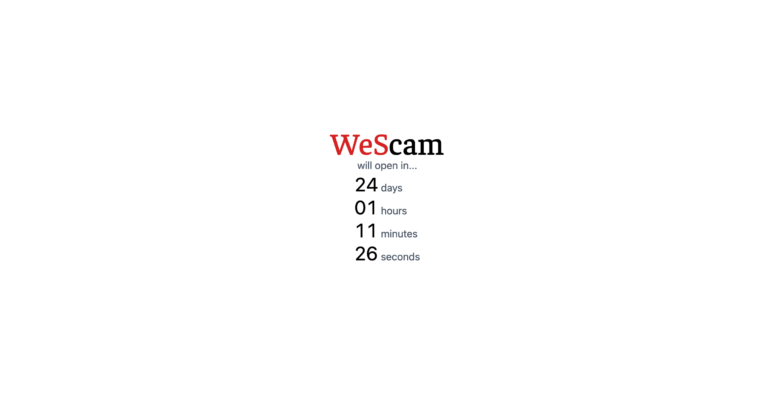
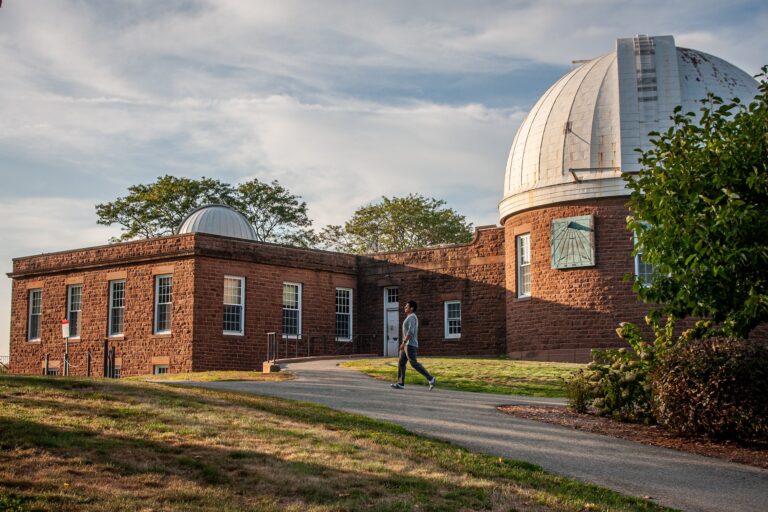
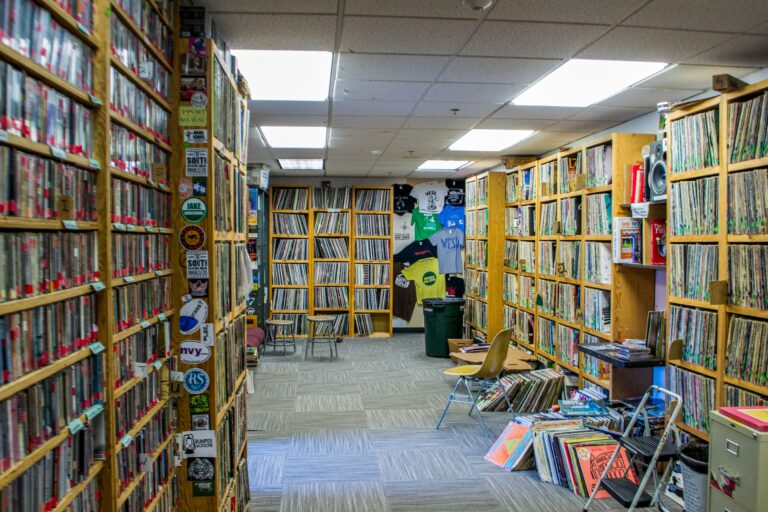
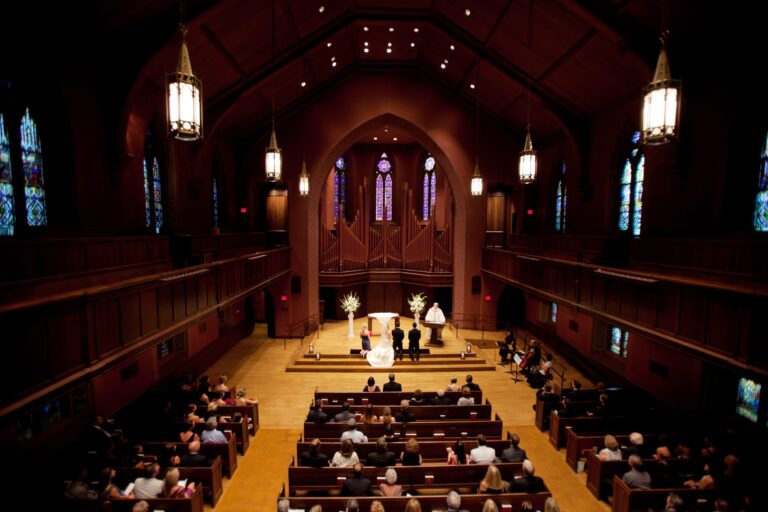
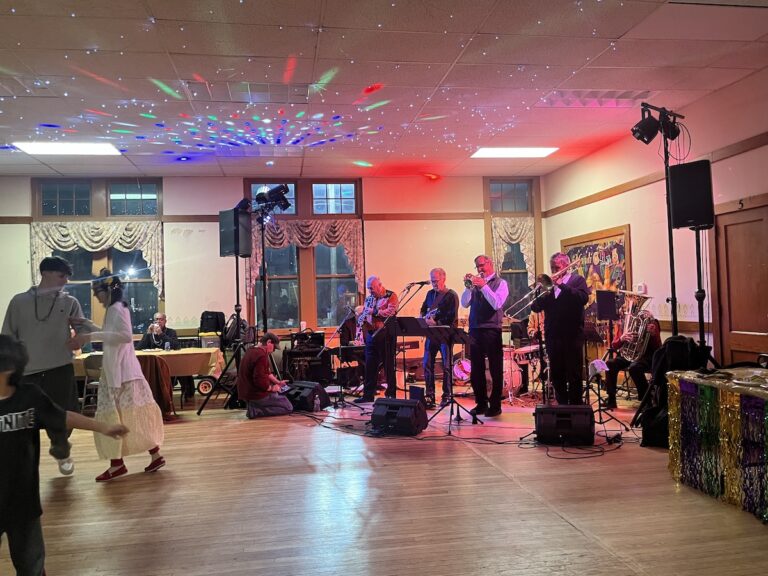

Class of ’22 WESLEYAN UNIVERSITY Government and American studies double major-KATELIN PENNER in 2022 POSE or MODEL on INSTAGRAM, TikTok, OnlyFans and YouTube Video for STREETLOW Magazine of San Jose California USA & LOWRIDER Magazine of Los Angeles California USA in 3-inch & above Black High-Heel Shoes with Black Panty-Hose with Suspenders or Black Fishnet Panty-Hose with Suspenders ATTACHED to a Mini-Skirt & Tank-Top or Shorts & Lingerie ALONG with Dangerous-Looking Mexican CHOLO GANGSTERS with a Shaved Head & Tattoos from Pueblo Colorado USA, San Jose California USA, Los Angeles California USA & Las Vegas Nevada USA Mexican or Hispanic BARRIOS by PERFORMING & MODELING for Torres Empire COLORADO Lowrider Super Show 2022 in Pueblo, Colorado USA on Saturday May 28, 2022 by mainstreaming Torres Empire COLORADO Lowrider Super Show 2022 LOWRIDER Street Fashion Car Culture of Pueblo, Colorado USA.